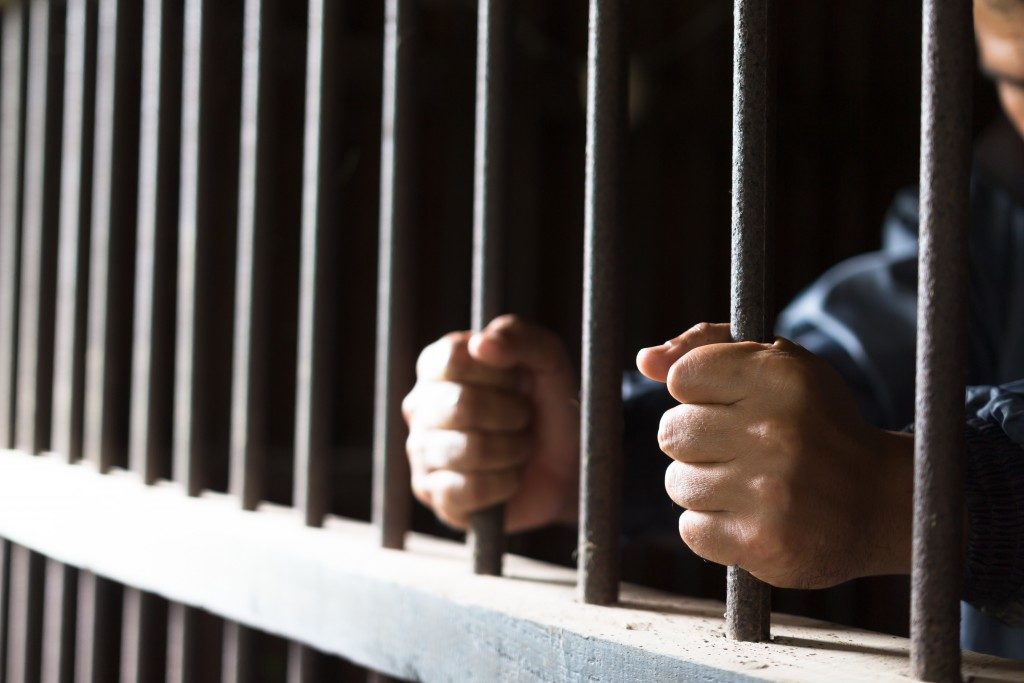Pressing issues plague our society every day. From injustices to inefficient systems, many individuals suffer inconveniences that was never their fault to begin with. One example is the US justice system, which many people time and again argue to be broken.
Take for instance the fact that almost 50 percent of all prison inmates in Utah, including those in the Salt Lake County Metro Jail, are still in the process of undergoing trial. Excessively high bail restricts the choices of the accused who often can’t afford to pay even with the help of bail bondsmen.
Although bail bonds offered by agencies such as Beehive Bail Bonds are of great help, the fact of the matter is that the problem needs to be fixed from its roots.
Crowding the Prison System
The prisons of Utah is overcrowded with inmates that have yet to be sentenced. In theory, this should not be the case as it is unfair, anti-poor and a threat to freedom and basic rights. Bail should be reasonable and restrictive to only the most serious offenses.
Court trials may last more than a year, especially for complex cases. And whether one is innocent or guilty, they have the right to be free before the actual sentencing when guilt or innocence is established.
Presumption of Innocence

Restrictive bail can mean incarceration even if a person is still presumed to be innocent or even before the actual trial starts. This can be a frightening prospect to the majority of the accused.
Their freedom to go about their lives, interact with family and go to work is taken away because they can’t afford to post bail. Divisions in class are apparent as well, with the rich free to go while the marginalized and underprivileged wallow in prison.
Some of the accused would rather take plea deals to avoid lengthy trials and be able to return and support their families as soon as possible. This comes with its own negative effects, such as a criminal record and a bad reputation, but sometimes supporting one’s family takes priority.
Judges and Risk Assessment
Although the problem is hard to solve without unearthing deeply rooted issues within the country’s justice system, small steps have already been taken to at least address some consequences of a broken system.
Since May 2018, Utah judges have been able to access the prior records and history of the accused prior to setting bail. This could mean smaller bonds or even release on their own recognizance for those with clean records or harsher bonds for those with previous criminal records or arrest history.
Utah prisons are full of people who are still presumed innocent. Restrictive bonds take freedom away from the underprivileged, reinforcing the belief of a rigged system that favors the rich. Small solutions, such as those spearheaded by the local government as well as bail bonds and other services offered by private companies, do help significantly, but they can only do so much. For more long-term solutions, the justice system itself will have to be amended in major ways.
